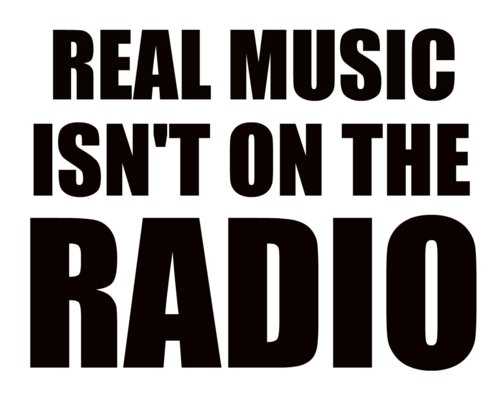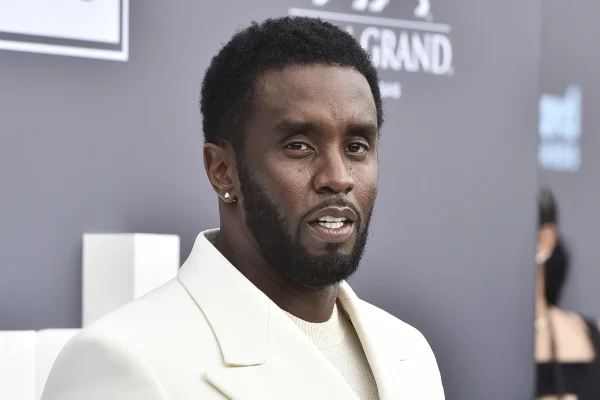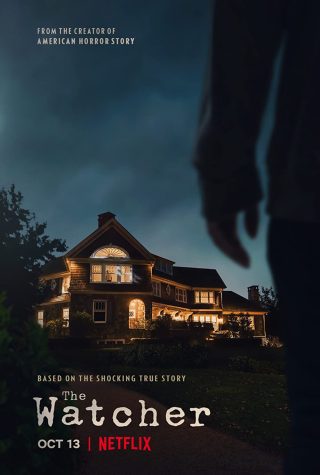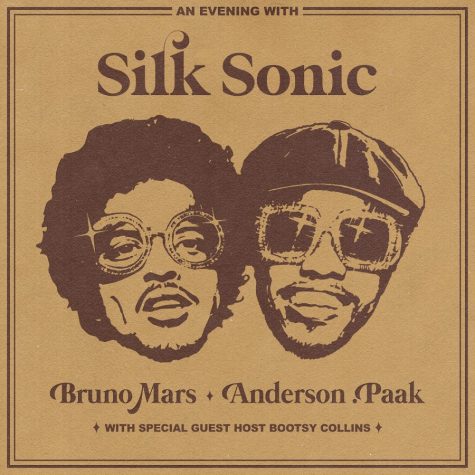Does ‘real music’ exist?

The rise of memes spread through social media has led to viral and bold statements like the one above.
One trend spawned from social media is the drove of Internet comments and memes promoting “real music.” Anyone that has ever taken a look at some of the Facebook posts or YouTube videos of their favorite pop star has likely noticed.
Comparing Led Zeppelin verses to Justin Bieber choruses; statements of Lil’ Wayne being relegated to working at McDonald’s if 2 Pac was still alive; claims that Eminem and Macklemore are the only rappers that don’t rap about bitches, money and weed; people bombastically scoffing that any music played on the radio is intrinsically worse than music that is not.
These posts hold merit in that their creators’ intentions appear to be rooted in promoting positive music that’s composed without consideration of profit. However, the premise of attempting to designate certain music as fraudulent unjustly encourages people to limit what music they view as artistically legitimate.
Eminem has written countless songs containing violent, misogynistic and homophobic imagery, such as “Kim,” “Marshall Mathers” and “Bitch Please II,” to name a few. Does that render his less offensive offerings, the ones these memes reference, as inauthentic or ineffective?
Human beings are complex, hypocritical creatures. Should the mediums through which we choose to express ourselves be limited to logic and contrived senses of authenticity and talent?
In his book “Music and Discourse: Toward a Semiology,” musicologist Jean-Jacques Nattiez echoes this ambiguity in which music has existed, and thrived.
“The border between music and noise is always culturally defined — which implies that, even within a single society, this border does not always pass through the same place,” he says. “In short, there is rarely a consensus … By all accounts there is no single and intercultural universal concept defining what music might be.”
When we can’t even universally agree on what constitutes music, how can we possibly insist that a distinction of legitimacy in the medium exists, and do so in good conscience?
The real music vs. fake music debate is often discussed interchangeably as good music vs. bad music, and the argument against the existence of both debates is the same. When music itself has yet to be universally defined, how can one go about objectively evaluating it?
There is an adage that there is no good music or bad music, there is only the right music for the right times. In an age when the masses are beginning to approach issues such as marijuana consumption, morality and sexuality with a more open mind, why not begin to do so with music, or any art form for that matter?







